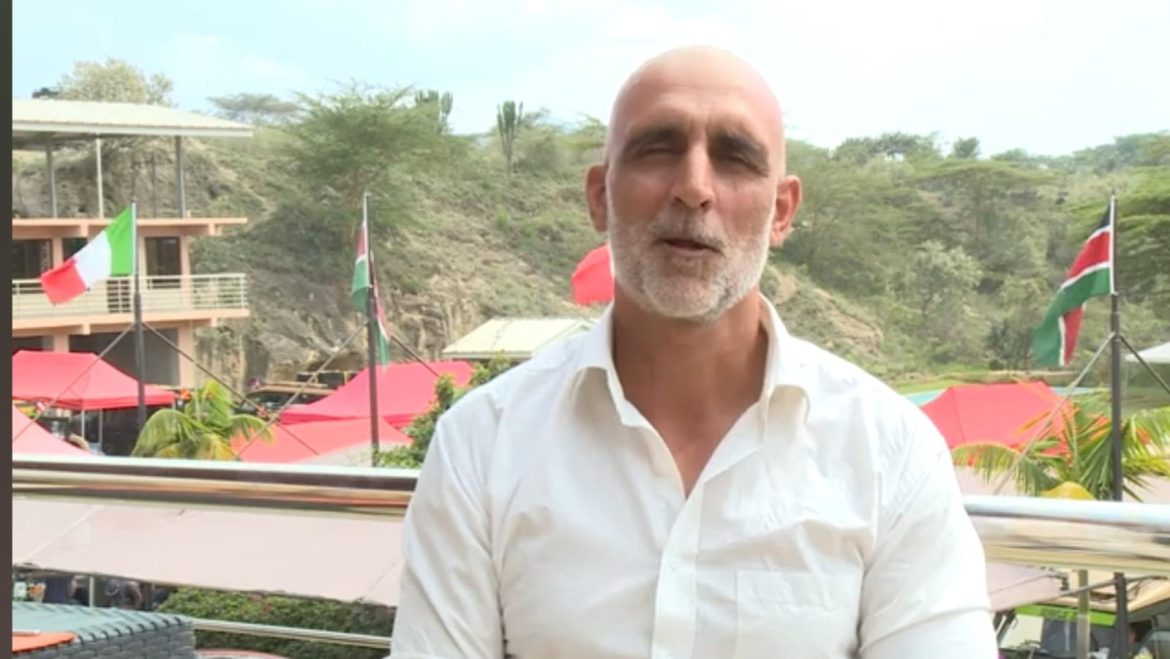Xiaomi has today announced the launch of Redmi A3, hailed as the best gift you can gift someone this April Holiday season and the latest addition to the entry-level Redmi smartphone family.
Boasting a stylish design, a large, high refresh rate display, AI dual camera, and more, Redmi A3 elevates the entry level smartphone user experience to unprecedented levels of functionality and elegance.
Making style its central priority, Redmi A3 addresses the preferences of users seeking an affordable yet elegant glass design, as well as those who prefer a more subdued finish. Under bright light, the back panel of the Midnight Black is designed to resemble stars in the night sky, while the Star Blue variant reflects a rainbow-like sheen that exudes sophistication and class.

Redmi A3 is also available in Forest Green1, featuring a smudge-resistant, matte, leather-textured back design that exudes rationality and refinement.
All Redmi A3 models feature a large, circular, finely detailed camera deco that presents a different sheen depending on the angle of refraction and lighting environment. Moreover, with an 8.3mm2 ultra-slim body for an excellent in-hand feel, Redmi A3 feels reassuringly robust, sleek, and crafted for optimal comfort.

Redmi A3 brings high-definition video and social media content with a large 6.71-inch HD+ display that offers a refresh rate of up to 90Hz3 to deliver a silky smooth, immersive experience that defies its price-point.
Screen durability is ensured with Corning® Gorilla® Glass 3 display protection, while enhanced eye-care protection is provided by DC dimming that reduces exposure to blue light and overall flicker.

Users on a budget can still enjoy the upgraded AI dual camera system with 8MP main camera supported by an auxiliary lens that enables stunning portrait shots. Users can also take advantage of film Camera, which allows them to preview scenes using several filter effects in real-time before taking the shot, a feature previously exclusive to Redmi Note devices.
A 5MP front camera is bolstered by a beautifier that smooths skin tone, and a soft-light ring that brightens selfie shots in low light conditions.
Every effort has been made to ensure reliable user experience, with Redmi A3 supporting advanced security features that include both Face Unlock4, and Fingerprint Unlock via a fast and responsive side-mounted fingerprint sensor.

Featuring a convenient 3.5mm headphone jack, Redmi A3 is also equipped with a USB Type-C 10W charging port5. Sporting a large 5000mAh (typ) battery, Redmi A3 will keep pace with users throughout the day and beyond, delivering up to 29 hours of call time6, and up to 17 hours of video playback6.
Redmi A3 has also been rigorously tested to deliver outstanding physical durability, completing roller testing (300 times)6 and USB durability testing (10,000 times)6.
Delivering ample performance and power efficiency, Redmi A3 is powered by an octa-core MediaTek Helio G36 processor, and is available in 3GB+64GB, and 4GB+128GB configurations.
Extended memory technology expands available RAM to up to 8GB7, ensuring slick app loading and switching, while additional data storage is available via a microSD slot, which supports microSD cards of up to 1TB8.
Redmi A3 is available in Midnight Black and Star Blue1, in 3GB+64GB, and 4GB+128GB memory and storage configurations, and will be available starting from KES 11,599.



















































